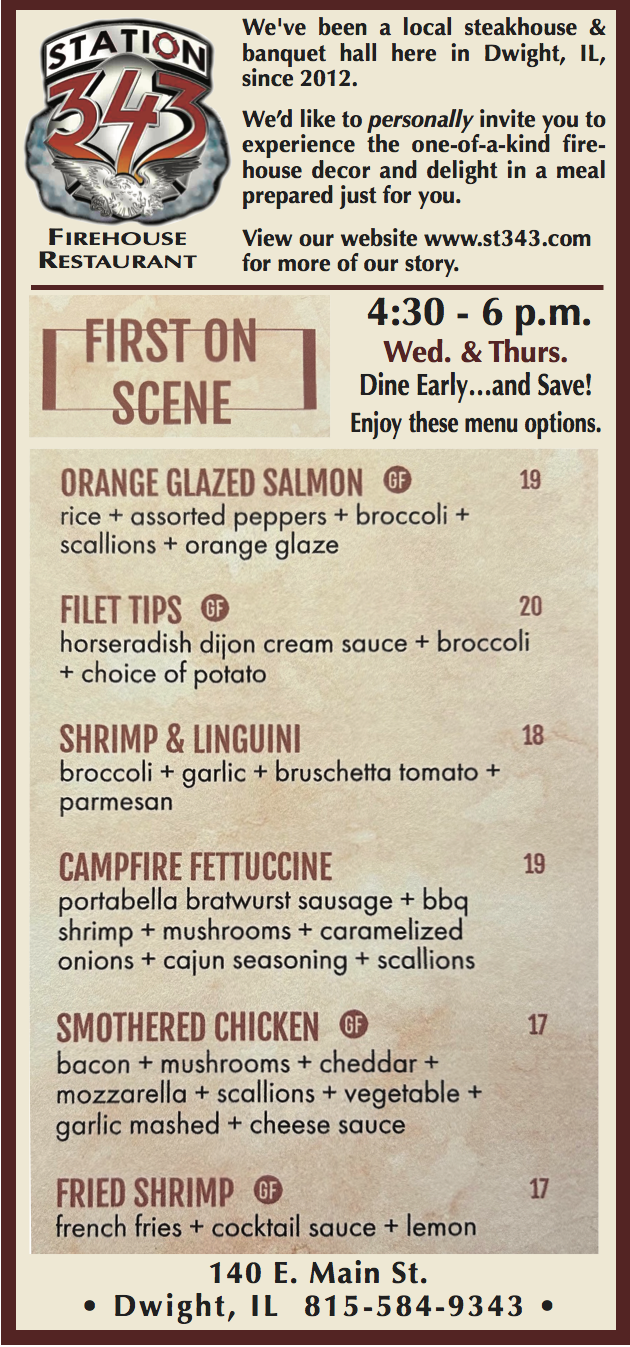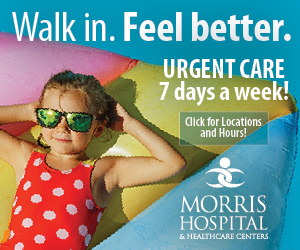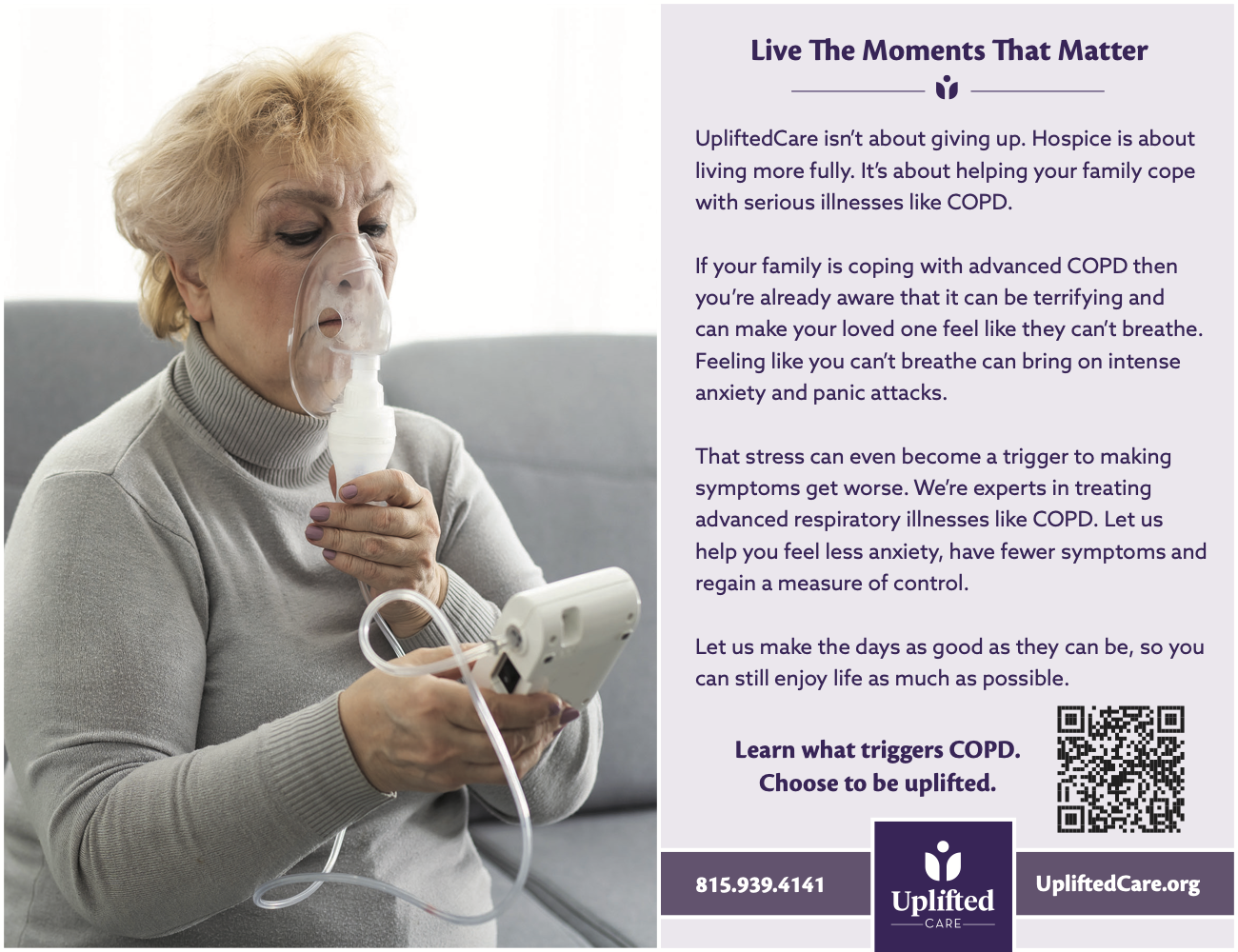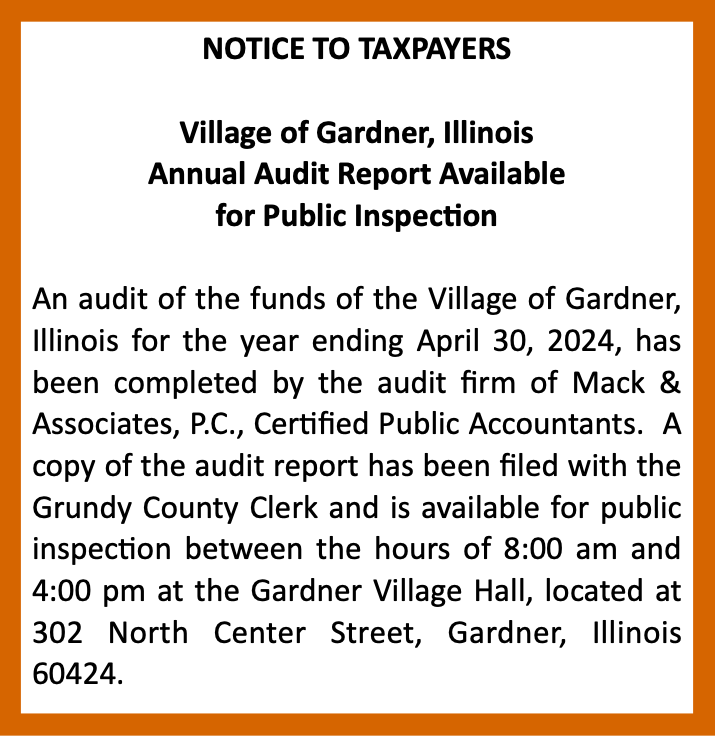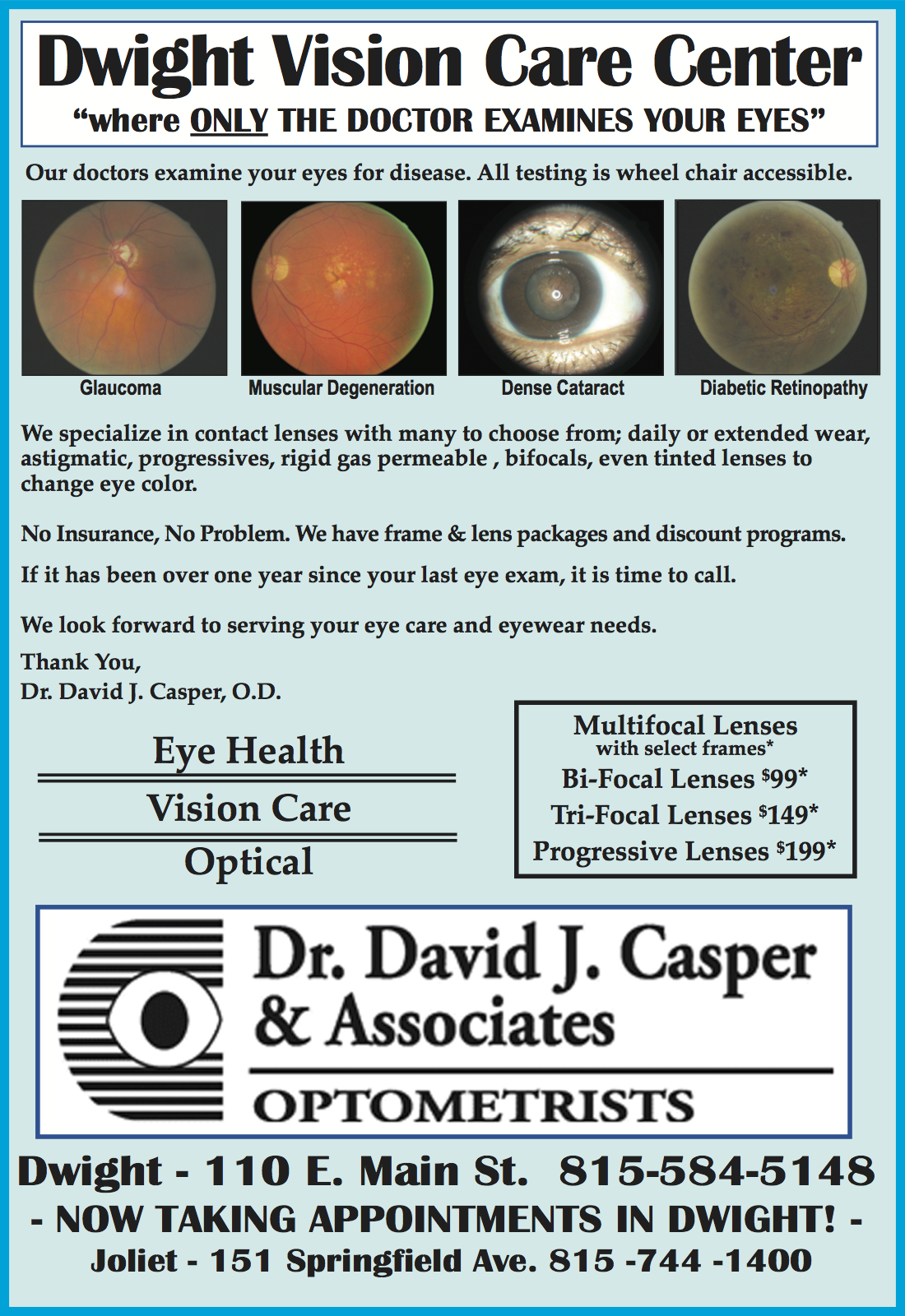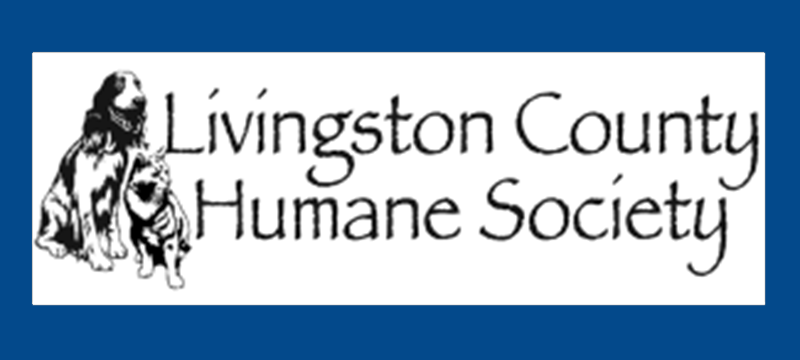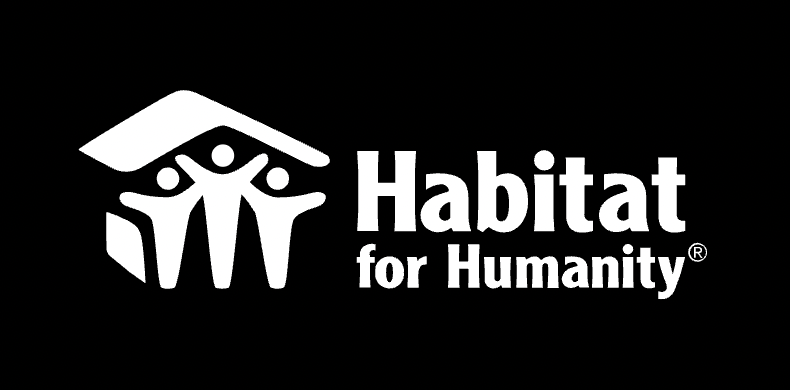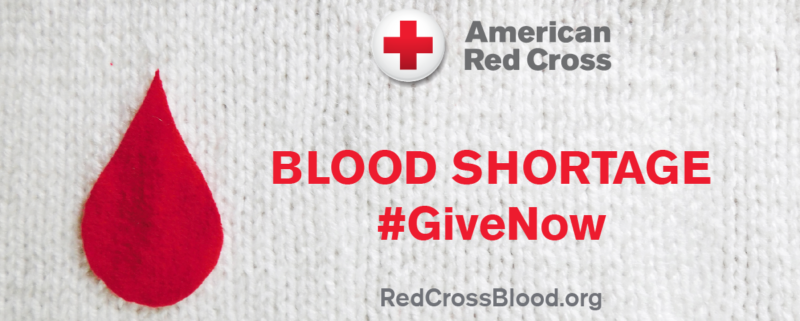Editor’s Note: This is the fourth story of a four-part series dedicated to National Recovery Month. Each edition of The Paper in September, we will speak with recovery service providers who went through treatment, people who are currently in the recovery process, and family members who helped their loved ones through recovery. by Brandon LaChance
When an individual is active in substance abuse, they’re not the only person they are affecting. Whether it’s a brief encounter with a stranger or numerous, repetitive conversations, arguments, situations, or fights with a loved one, substance abuse hinders or manipulates relationships. Carol Dippon knows this first hand as she went through a turbulent 14 years with her middle child, Tim Dippon, as he was a non-stop drinker and drug user. “I think I probably enabled a little too much, but I was so afraid of him becoming homeless. I paid his bills, which probably gave him more money to buy substances. As a mother, you don’t want your child homeless,” Carol Dippon said, who is the mother of Kelly (43), Tim (40), and Casey (36). “Anytime he was upset, it would be my fault, but anytime he needed help, I was the first to call.
There would be phone calls in the middle of the night with him in so much pain because he had to get to the VA (Veterans Administration). You kind of hope that it’s not happening, but you truthfully know it is. I think he’s pushed friends away. “There were times where we would go to his apartment and not know if he would be dead or alive once we opened the door. You never knew what you were going to find.” This is how Carol felt from 2004-2020 while her son Tim was using substances. Before we get to the tough times, the heart of the story, and the recovery process, let’s fast forward to how Carol Dippon feels today after Tim went through recovery and has found a purpose in his life. She went from not knowing if he was dead or alive to being truly proud her son has overcome his demons. “It’s the No. 1 relief. You always want your children to be happy no matter what they choose to do in life as long as it’s legal and happy,” Carol Dippon said. “Like he says, ‘They pay me to go to work and I love my job.’ Every day, he is helping himself while he’s helping others. “He sees all of these people who are going to be homeless, don’t have money, don’t have a life, or their family has left them. He has now become a part of that and wants to help. I certainly hope it’s helping him realize the other side of it, but I’m a little fearful because there is a lot of sadness in what he does as well. But I think there will be more celebrations than not. “No matter how bad it is, hopefully you find the right people and get to the right spot. There is hope. I never knew if we were going to see this day. The day he turned 40, Aug. 17, he called his dad (Ray Dippon) and said, ‘You said I’d never make it. I am 40 today. Dad, I made it.’” Tim Dippon, a Dwight Township High School graduate, smoked weed and partied in high school. It wasn’t at a threatening, high volume of concern level, but his mother knew he did. In 2000, Tim joined the Marines, stationed in San Diego and Japan, and was deployed to Iraq after 9-11. After Tim had seen war and experienced true trauma and heartbreak, substance abuse ran rampant. “Once he was back and out of the Marines, he was a disaster. I did hear him say, ‘I went there thinking I wasn’t going to come home,’” Carol Dippon said. “He lived it up because he thought he was going there to die. When he did not die, he came home and proceeded to live it up like he did die. “I think one of the contributing factors was, as he was leaving Iraq, one of his buddies was going to Iraq. His buddy was killed. That has been huge in Tim’s life. He died in a tank in Iraq and Tim drove a tank. I know that was horrible for him. I’ve always tried to tell him, ‘Tim, make it a good thing, not a bad thing. Honor him. Don’t tear yourself apart because of it.’ He just could not.” Carol can’t list all of Tim’s substances but knows he was smoking, drinking, gambling, and living like he really wasn’t here anymore. Heavy drinking began pancreatitis and horrid, constant pain brought Tim to the VA where he would get clean for a bit, but as soon as he would leave, he was back on the substance roller coaster. Tim lost jobs, relationships ended because of anger issues and lack of patience, and family members turned off their phones at night because he wouldn’t stop calling with far from happy, enduring, calm conversations.
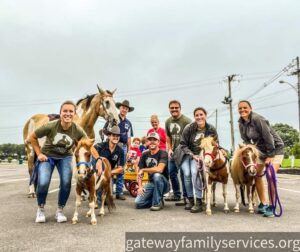
In January 2020, Tim was able to realize his situation with the help, or at the time, an unfavorable decision, of a friend. “The real stopper was, he was very out of it and a friend dropped him off at the hospital. They took him to Chestnut in Bloomington. He went to the VA in Danville afterward, sometime in March 2020,” said Carol Dippon, who is a founding organizer of SOS (Support Our Soldiers). “He was doing very well there. We could have family day, so every Sunday we got to visit him. I am a veteran lover, so I would bake food for all of the veterans in the treatment program. That lasted two or three weeks and then Covid-19 started. “They shut down and the veterans couldn’t have classes. It was like they were in a holding pen. He seemed to thrive there and took over as a leader. And maybe that’s because he was sober.” Tim has been sober ever since. In October, he will reach day 1,000. If Tim were to write a 1,000-day thank you note, his family would be included, Pastor Randy of Dwight’s New Life Assembly of God (continued on page 8) Dave Moyement, the employees of the SARP/PTSD/PRRTP units of the Veterans Administration, the Veterans Treatment Court Team of the 11th Judicial Court of Illinois, Gateway Family Services of Illinois, and Horses Helping Veterans Heal. Because of Covid, Tim originally only had a portion of his rehabilitation completed before the facility was shut down.
While in treatment, he was taken to a horse farm a couple of times for trauma focused equine assisted psychotherapy and met the man who runs the farm, Michael Remole. Tim also met Gabe, a horse who he may call a brother. When Tim left Gateway and came home, he remained clean. However, he couldn’t find a job or was scared to try working while sober. “Tim started collecting and selling antiques instead of drinking or drugging or hanging out at taverns. It kept him going for a couple of years, but he couldn’t get himself into a job,” Carol Dippon said. “I don’t think he was comfortable enough. One time he said to me, ‘Mom, I haven’t worked a job sober in a long time and I don’t know how I’m going to do it.’ “Eventually, he reconnected with Michael at the horse farm and Michael made a position for him at the horse farm. He is now the veteran outreach coordinator at the farm. Every Friday they have Fall-In Friday, which is a free service offered to all veterans. They come for two hours for therapy. “Tim runs it voluntarily. He said, ‘I will not take a paycheck for those two hours because that’s my giving back for how far I’ve come. He’s really, really proud of it. After he took the horse farm position, he told Michael that he never got to complete the Gateway program. Since then, he has completed it.”
Tim now lives in Danville where he stays in close contact with the VA, hangs out with Gabe and the rest of the horses, and stays in recovery while helping others go through the same process. Although his mother would like to skip over the substance abuse stage, she is happy, proud, impressed with her son and how he has changed his life. “He is doing really well. He is knocking on doors and telling veterans there is help out there,” Carol Dippon said. “He’s telling them that there are grants available to get them help. Tim has a lot of ideas rolling in his head as to how far he can take this. “He wants everyone to know that there are different kinds of help out available and that it’s very, very positive.” If veterans are interested in meeting Tim and joining Horses Helping Veterans Heal, he can reached at 217-920-5635 or tim@gatewayfamily services.org. Brandon LaChance is a journalist with The Paper. He can be reached at 815-876-7941, blachance20@gmail.com, or on Twitter @LaChanceWriter.






